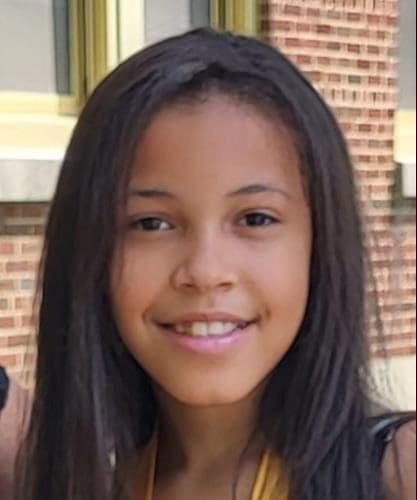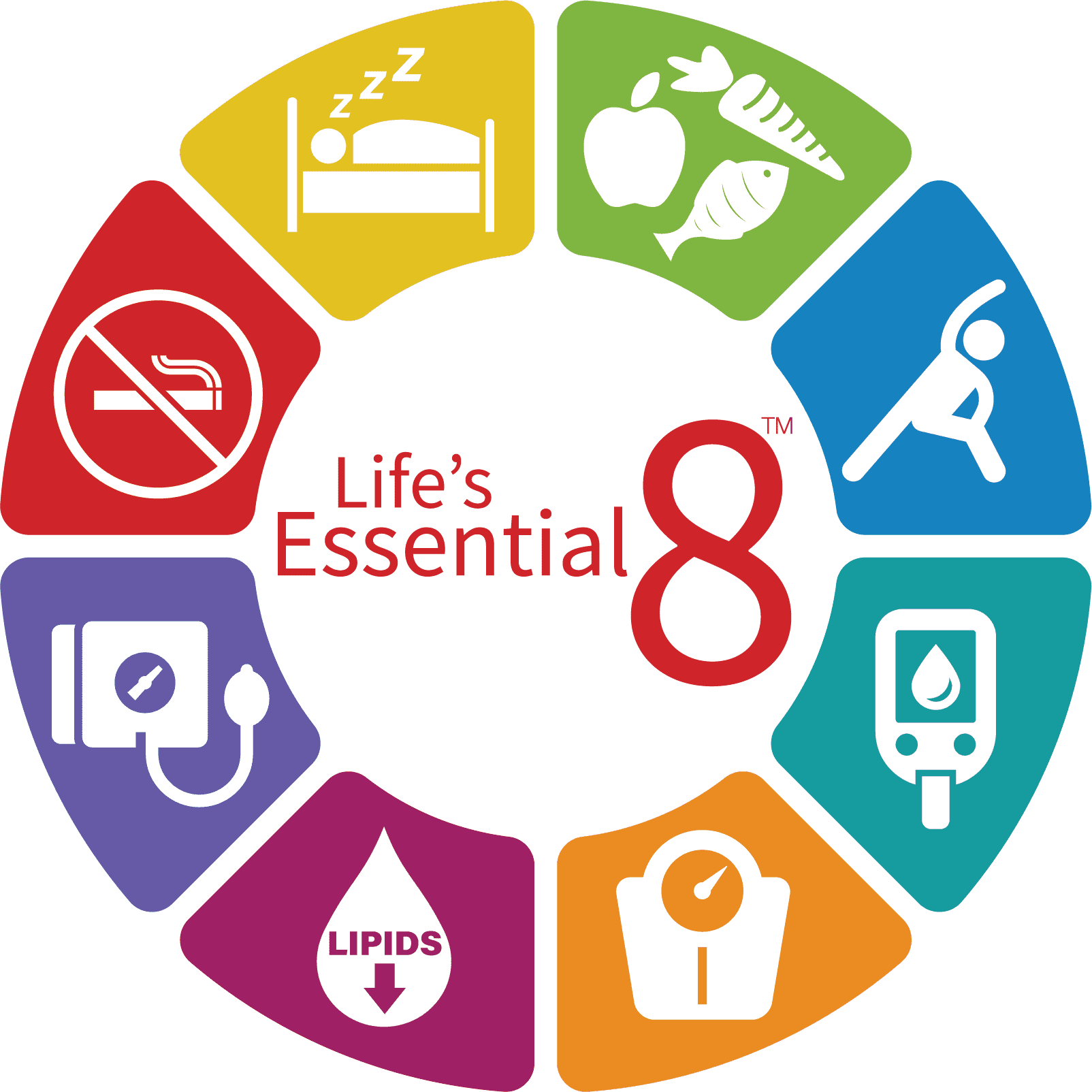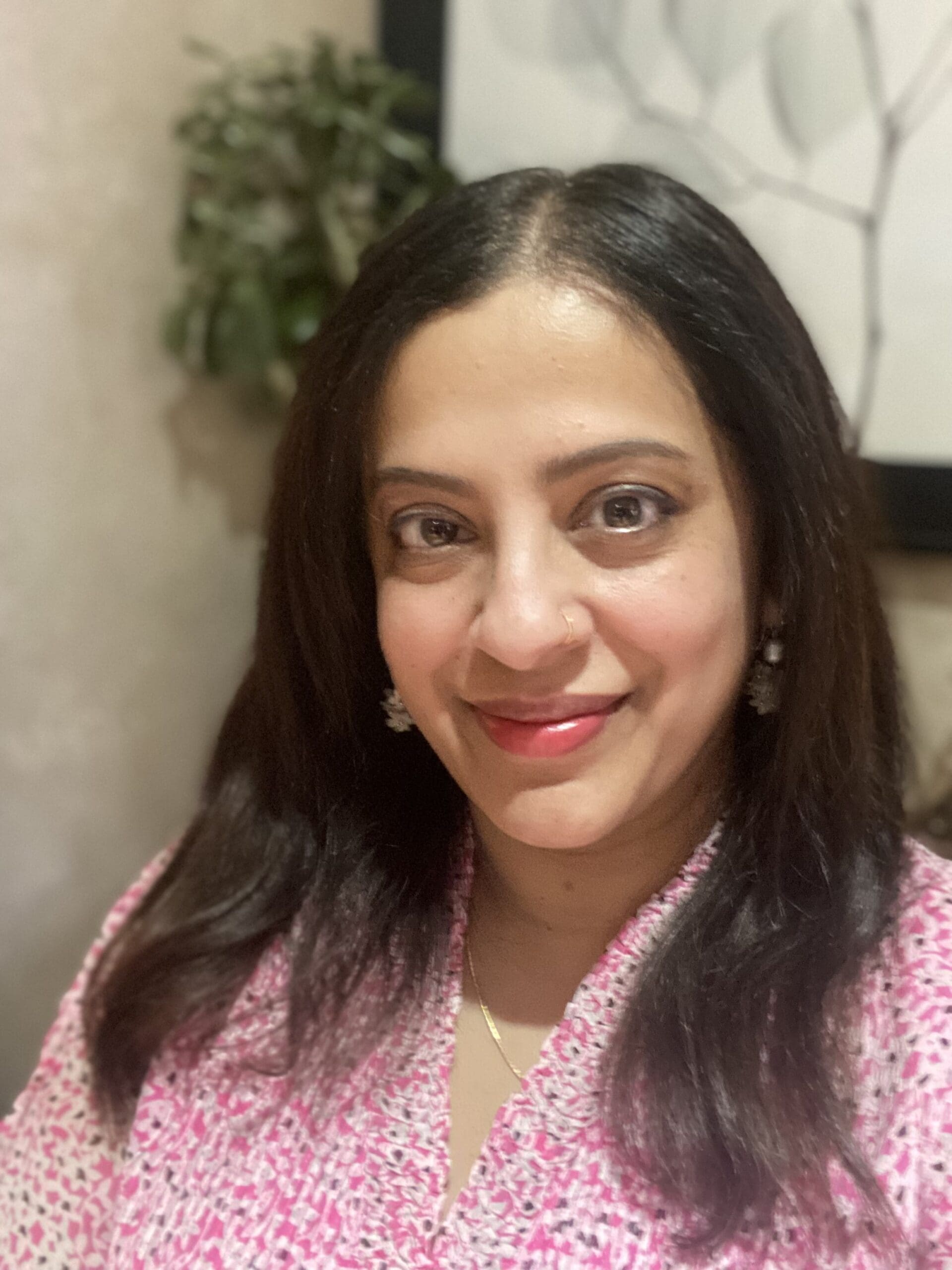Changing the Conversation
By Bridget Whitfield | Photography by Alexis Emm
Anthony and Eric McGriff are not the stereotypical feminists. For one thing, they’re men. Both stand almost 6 feet tall. They’re biracial, with light skin covered in red freckles. But spend a few minutes talking to the twin brothers, and you’ll start to think otherwise.
“We are very outspoken about being feminists,” Anthony said. “But we’re not what you would imagine, not what people who are unaware would imagine a feminist looking like.”
The duo began standing up for women’s rights when they were 16 years old. They volunteered at Vera House, where they now serve as peer educators, fighting to correct the falsehoods around the idea of masculinity by challenging the way men think.
Anthony thought back to the stereotypical “male” environment he was surrounded by as a boy. It was a world filled with aggression, fighting and phrases like “man up” and “don’t be a bitch.” As he matured, Anthony grew to actively disagree with this culture. His brother agreed with him.
While attending Syracuse University, the McGriff brothers participated in groups like A Men’s Issue, which encouraged men to stand up against sexual violence and change the way they thought about problems deemed only as “women’s issues.”
“Some men, they assume that we only talk about women’s rights, but it’s really so much more than that,” Anthony said. “It’s so interconnected. But from the outside looking in, [to] people who don’t really know us and why we do the work we do, it can be perceived as just women’s issues.”
When he joined a fraternity, his peers first perceived him as a strange man constantly talking about women’s issues, he remembered. But once the other students took the time to listen and engage, they began to understand the depth of the issues and how they also affect men. Anthony’s dedication and work then made sense to them.
The brothers understand that being men of color gives them a slight advantage. Men they engage in conversation might be innately more willing to talk to them than to a woman. Anthony and Eric have the ability to navigate different rooms filled with people from all walks of life.
“We do have our privilege,” Anthony said, “but we try to use it to get men involved in this work.”
Anthony has been working with a college campus initiative at Vera House. They hope to assist colleges in following proper guidelines when handling sexual assault. So far, 10 college campuses have signed contracts with Vera House to educate and train employees. The initiative also connects students who may be struggling with sexual assault with the resources that can help them.
Eric is reaching out to children before they hit the college level, with hopes of preventing the issues Anthony is addressing. Eric works with students from the kindergarten level to high school in prevention education. He aims to help them build healthy relationships, and introduces them to programs like Mentors for Violence Prevention, which instills in students the same skills Eric and Anthony use in their advocacy work.
Eric also works with men who have committed violent crimes. He spends his Mondays visiting 60 men in jail, challenging them on their own beliefs. Whether or not an agreement is reached, he enjoys the open debate and exchange of ideas.
“One thing about me: I don’t mind being challenged,” Eric said. “People who challenge me think I’m trying to look down on them because I’m smiling. I’m smiling because you’re saying something I’ve never heard before and you’re really making me think.”
What helps Anthony and Eric in spreading their message is their understanding of the importance of healthy dialogue. Instead of forcing their beliefs on others, they wish to open others’ minds to another way of looking at the situation.
Eric explained that once men see women as equal, it’s no longer considered weak to show emotion and be loving and nurturing.
“It’s no longer feminine or not manly to do domestic chores, take care of your kids or be a stay-at-home dad,” Eric said. “Seeing women and feminine things as equal liberates us to be whoever the heck we want to be.”
With a firm stance on challenging men to drop their egos and think outside stereotypical cultural norms, the brothers aim to fix the environments that create men with toxic masculinity. They hope to inspire men to get more involved with the conversation of gender equality.
“My goal 10 years from now is for guys to be like, ‘Oh, you’re not a feminist? You’re bugging,’” Anthony said. “I want this feminism thing to be cool. I want it to be an inherent part of being a man.” SWM
For more information on Vera House, visit verahouse.org.





